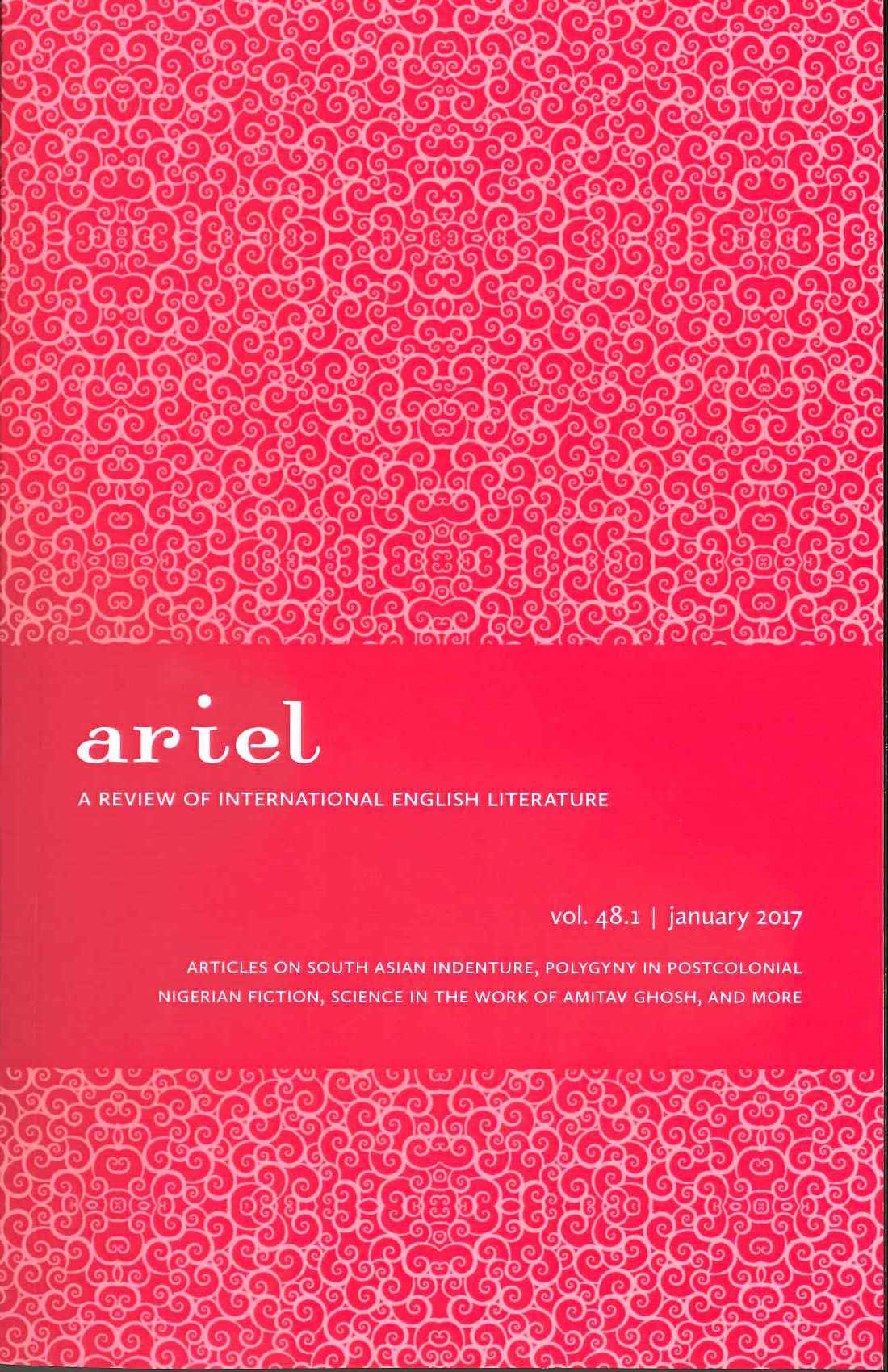The Polygynous Household in Lola Shoneyin’s The Secret Lives of Baba Segi’s Wives: A Haven in a Heartless World
Keywords:
African literature, Postcolonial literature, Nigerian novel, Lola Shoneyin, PolygamyAbstract
Despite its author’s public condemnation of the impediments to female autonomy, equality, freedom, dignity and self-realisation inherent in polygamy, the polyvalent nature of the contemporary Nigerian novel, The Secret Lives of Baba Segi’s Wives, suggests the necessary material and moral complexity of any analysis of plural marriage in postcolonial Africa. Parodic play in this novel highlights the ways in which the apparently monstrous patriarch and daily perversions of traditional marriage and household ideals represent the only security both for relatively advantaged and disadvantaged women in twenty-first century Nigeria. Literary analysis of the novel is embedded within a survey of history and religion which show the ways in which monogamy was a self-reflexive, mirror-image of the colonial and Christian missionary projects. The study of the novel is also contextualised by socio-anthropological literature that underscores the ways in which the global forces which promote romantic love as the sole foundation of monogamous marriage exclusively, ironically, are part of the global flows which create the punitive economic and social conditions to which plural marriage is an entirely rational response shaped by local cultural contexts.


